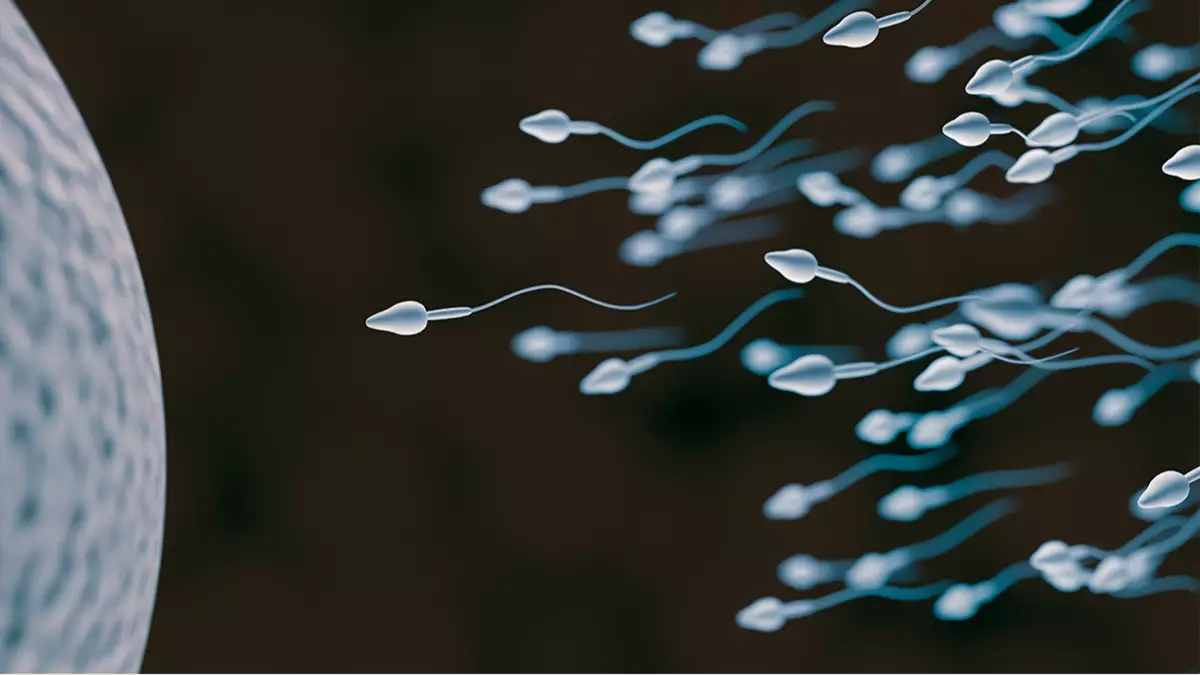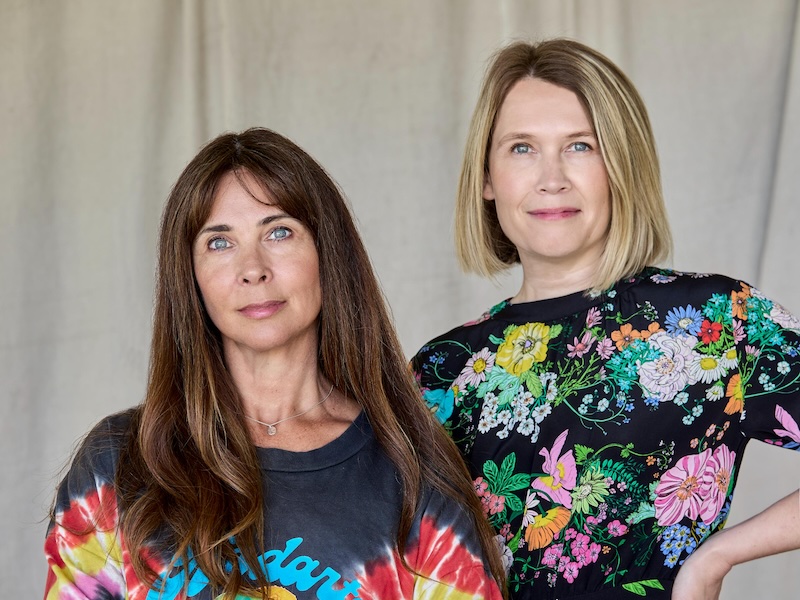Copyright newsweek

The global loneliness epidemic often elicits the image of one. But what about those who have just become two? Despite being just handed a new person—who they’ll be tethered to for decades to come—new moms can often be hit hardest by feelings of isolation. And Michelle Kennedy is refusing to let them to be overlooked. In a world that oftentimes feels too connected, Kennedy didn’t think there was a real online network available for moms. Sure, many of them may flock to Facebook groups or Reddit threads to find answers to their questions, but “we deserve a platform which is bespoke to us,” Kennedy told Newsweek. The former CEO of dating app Badoo had just helped launch Bumble when she found herself operating in parallel worlds. Publicly, she was focused on developing dating products. Privately, she was concentrating on raising her 10-month-old son. As a new mom, Kennedy had no clue what she was doing. She wanted to turn to a system of support, but after looking around her inner circle, she realized none of her friends had kids. “So, I left both of my roles. I stayed on the board of both companies, but I left to start Peanut,” she said. “The concept behind Peanut was really simple at the start. Can I use the same algorithms that we use to match people romantically to connect me with other mothers? Find other friends?” “From there, it grew into more of a social movement. It became much more of a reflection and a barometer of what’s happening in women’s lives,” Kennedy said. “If there were conversations that were happening on Peanut, we knew that they were rising up in the public consciousness, probably [even] before they were in the news cycle.” With 5 million users and counting, Peanut has become one of the fastest-growing social networking apps for women. The platform, which launched in 2017, allows moms at any stage of motherhood to swipe through local moms, to join tailored support groups, to seek advice from other moms and to share their own experiences. Peanut groups expecting moms based on when their babies are due or by the age of their children. But there are other groups as well, including one for women experiencing postpartum hair loss and another for Keeping up With the Kardashians fans. “In the very early days of having a baby, you’re not going anywhere,” Kennedy said. “You’re lucky to get out of the house. You’re lucky if you’ve managed to tie your hair up. At those moments, that’s where you can really feel at your lowest or loneliest. You don’t look like yourself, you don’t feel like yourself, you haven’t slept.” “The thought of being able to connect with another person, another human is quite overwhelming,” she said. “Being able to have a lifeline with Peanut, in those early days, where you can see there are other women who are also up at 3 a.m. breastfeeding and have been up since the crack of dawn, that’s really important. That makes you feel like you’re not alone.” Research suggests that 80 to 90 percent of new mothers feel lonely, and that loneliness is more prevalent in new parenthood than in the general population. A new study released by Peanut on Thursday also shows that those adverse outcomes are even more prevalent among “motherless” moms. The report, conducted in partnership with The Motherless Mothers charity, found that 1 in 3 moms in the U.S. begins motherhood without their own mom due to loss, estrangement, illness or distance. These women are not only 5.4 times more likely to experience postnatal depression than the rest of the population, but also four times more likely to report perinatal mental-health conditions, compared to the national rate. Adina Belloli, a London-based child and adolescent psychotherapist and the co-founder of The Motherless Mothers, told Newsweek that maternal support can be one of the most powerful yet least acknowledged buffers against postpartum depression. “Becoming a mother is a profound psychological transition, what we call matrescence, akin to adolescence in its intensity and identity transformation,” Belloli said. Like infants or teens, Belloli said that new moms also need a trusted figure to help them integrate during this upheaval and to provide “emotional scaffolding.” For many, that figure is their own mother. “When she is gone, the transition can feel unmoored and far more destabilizing,” she said. “They are learning to mother without being mothered and often doing so while actively grieving.” According to Thursday’s report, 85 percent of these moms also reported that pregnancy and early motherhood reopened their grief, and nearly 80 percent said it changed their sense of identity as a mother. “It takes a village to raise a child, absolutely,” Kennedy said. “But it also takes a village to raise a mother.” “It’s such an important ...



